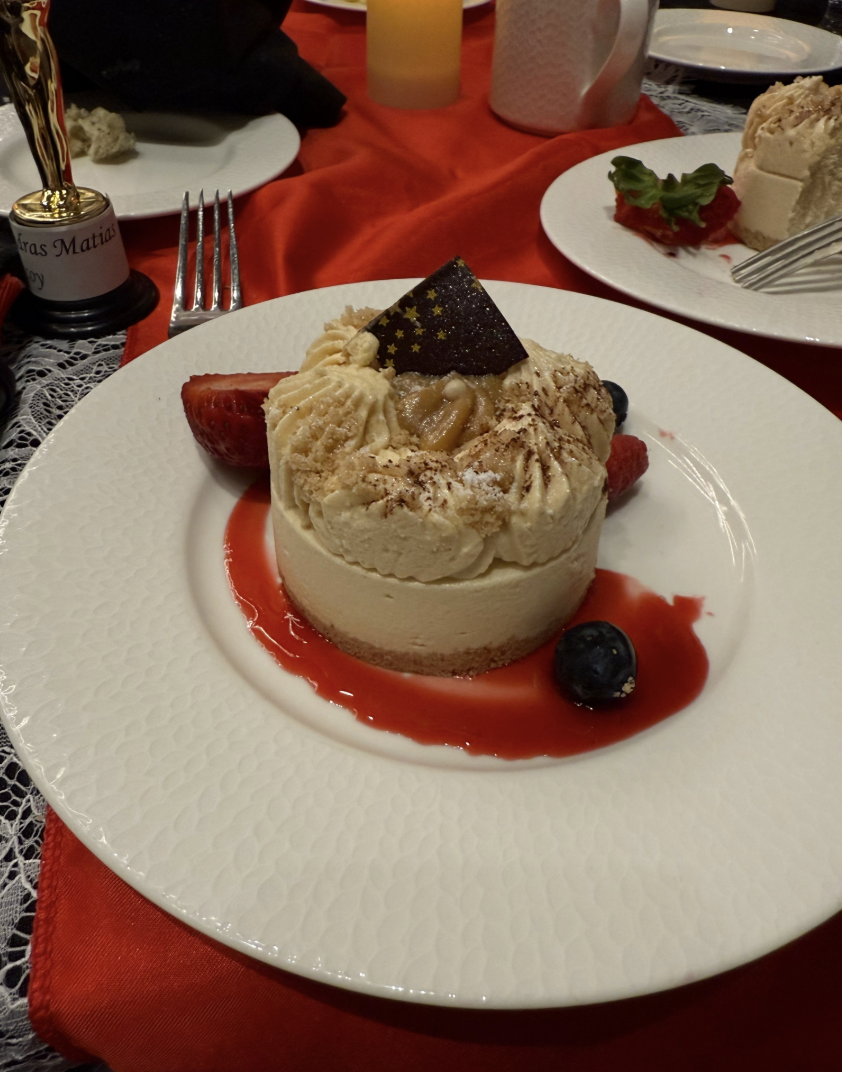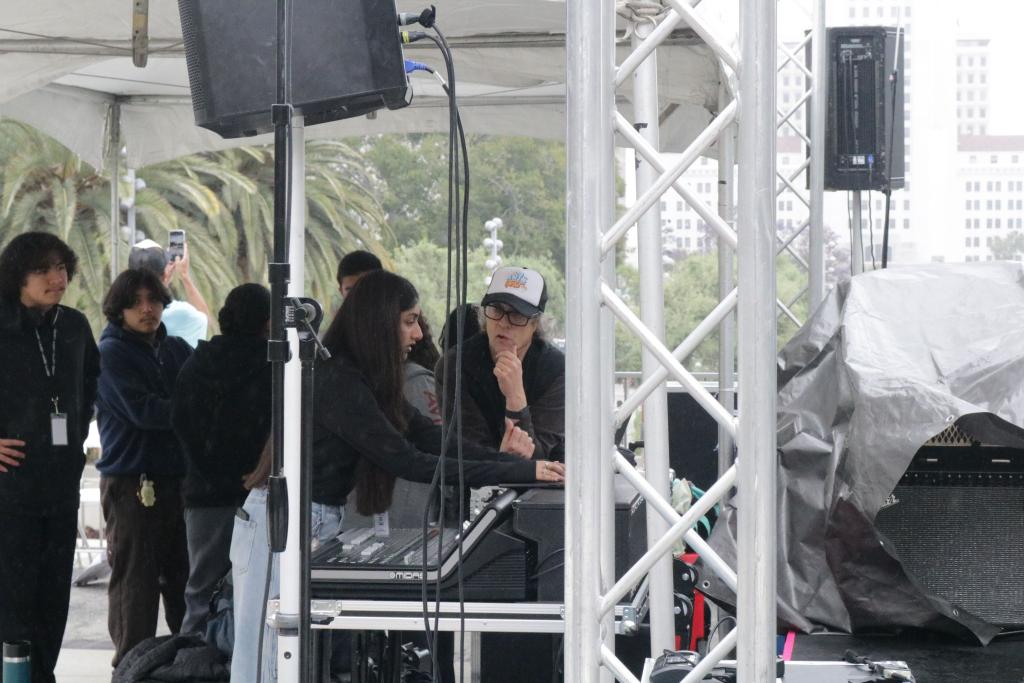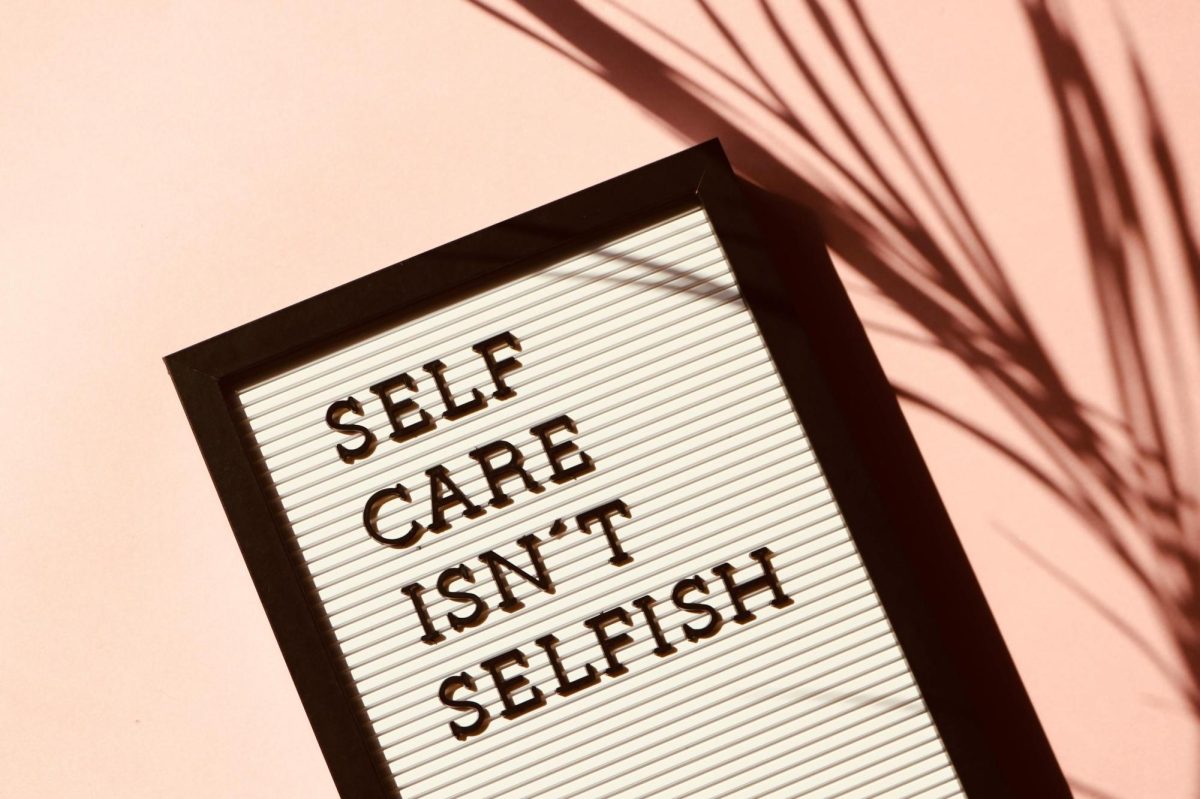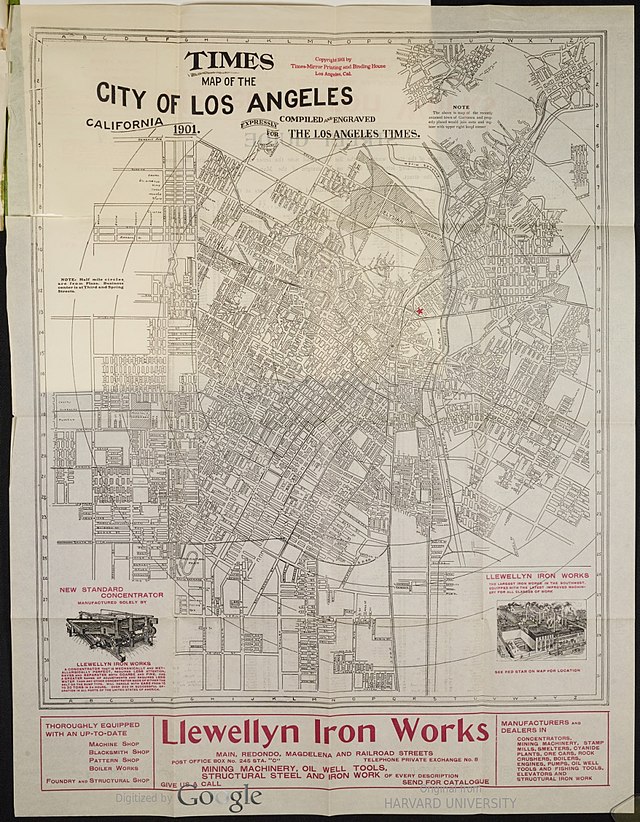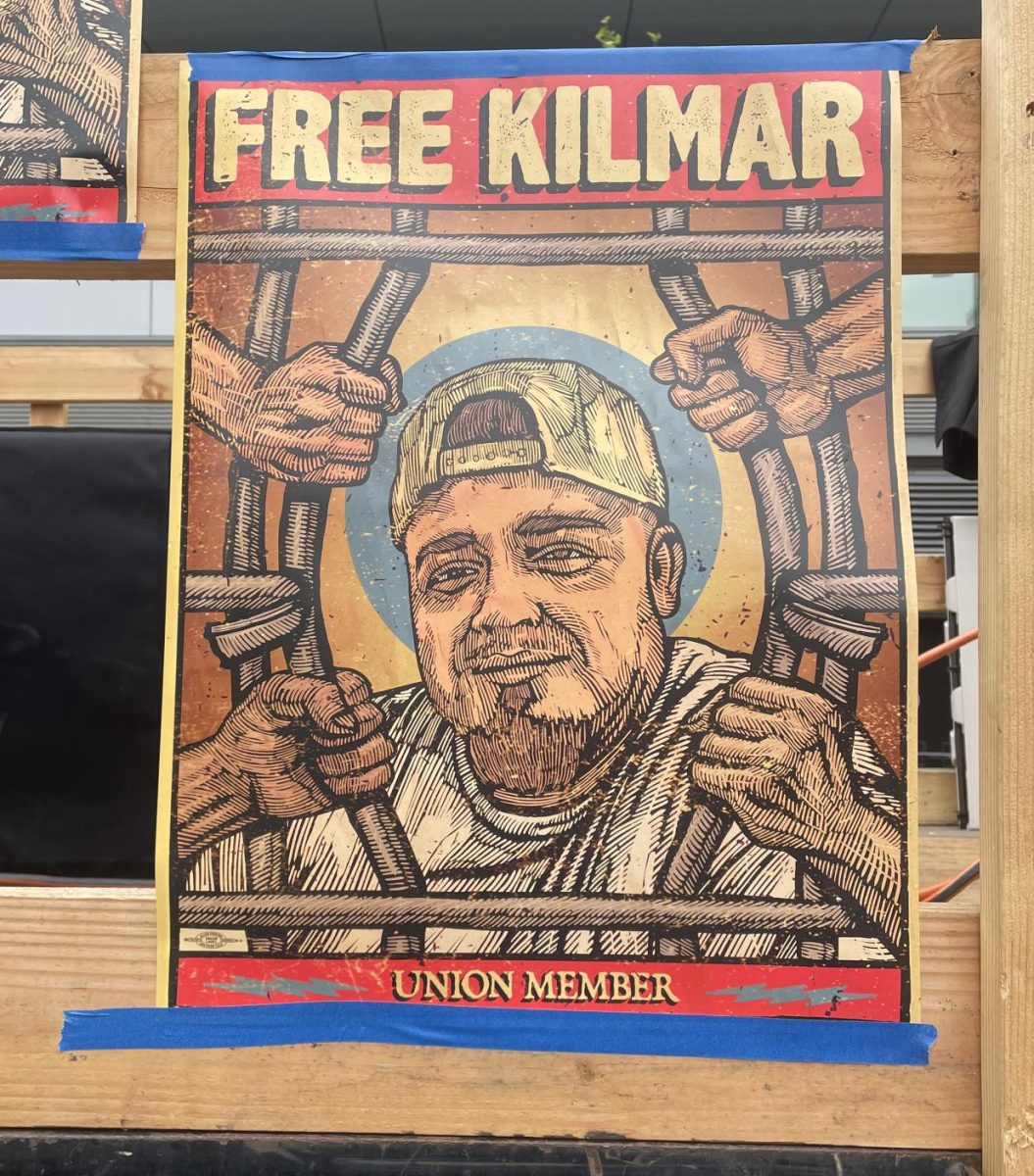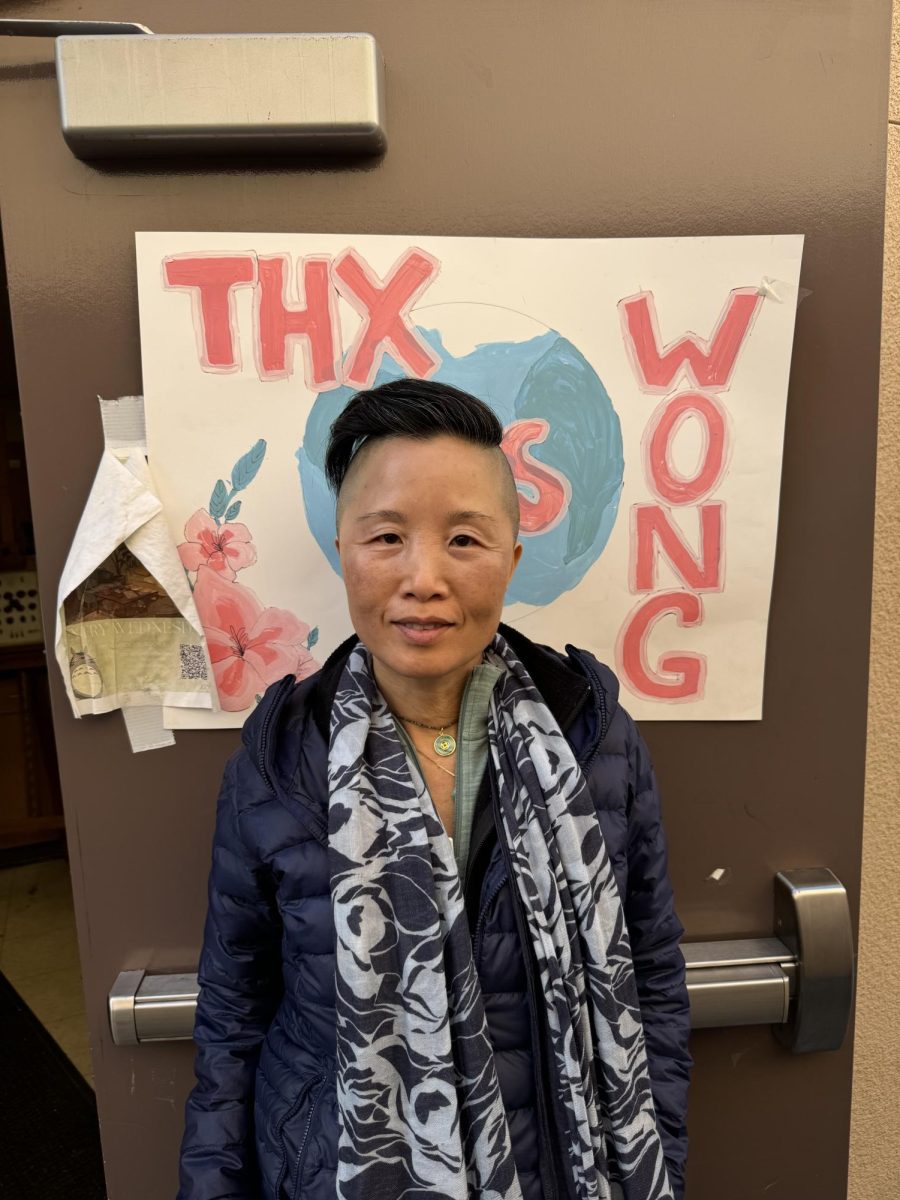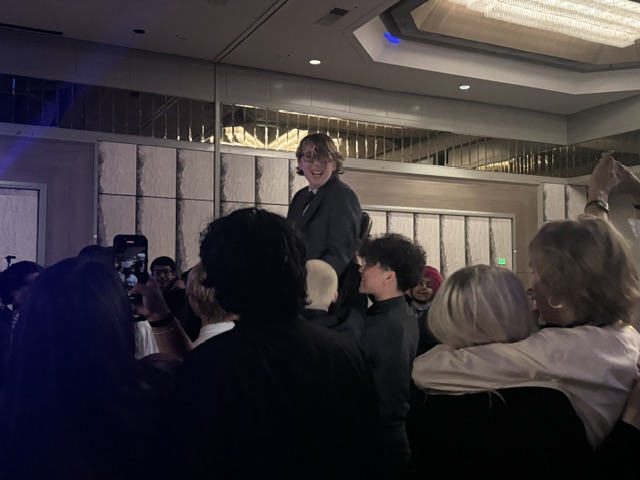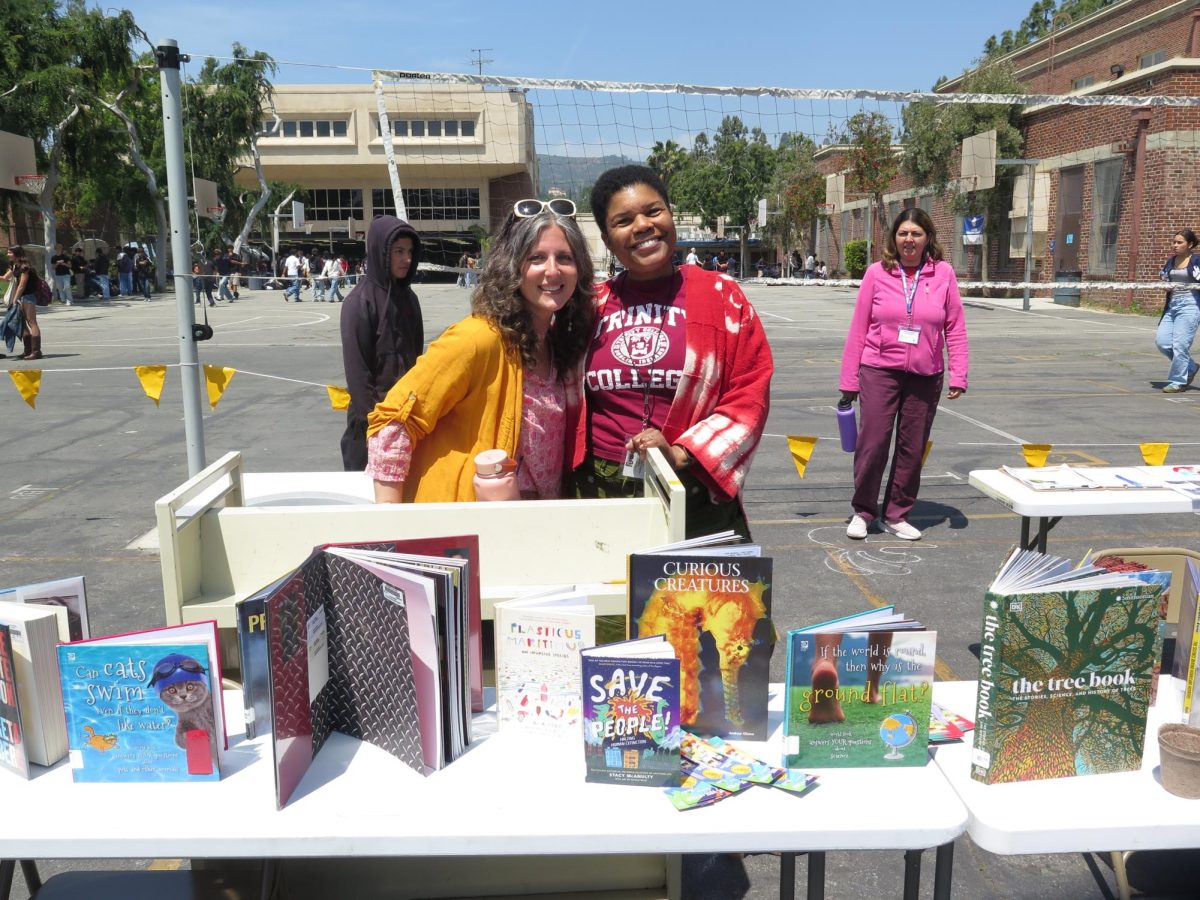If you ask most people today, “who’s the most influential African American Trailblazer you know?” They would most likely say, Martin Luther King Jr., Rosa Parks, or Michael Jordan. They are each extraordinary, but there are so many more that aren’t talked about enough in our schools that still made an extreme impact on the black community. Throughout American history, a small yet powerful group of Black women have used their voices, skills, and unwavering determination to carve paths of greatness, and to challenge societal constraints. Their legacies continue to inspire movements for justice, equality, and empowerment today. Madam C.J. Walker, Sojourner Truth, Maya Angelou, and Ida B. Wells are four of the most influential figures whose lives epitomize the strength and resilience of Black women in America.
Madam C.J. Walker: A Self-Made Mogul
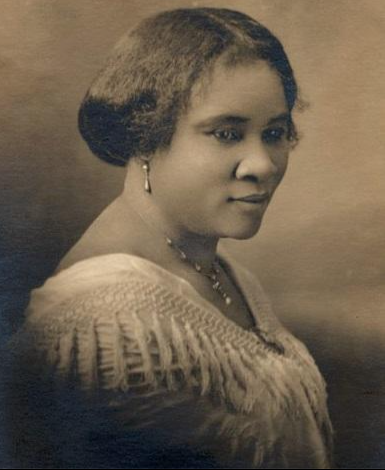
Born Sarah Breedlove in 1867, Madam C.J. Walker’s story is one of rags to riches, fueled by grit and a vision to empower Black women. Starting out as a poor, orphaned child in Louisiana, Walker became the first African American woman to become a Self made millionaire. Her business empire, centered around beauty and hair care products for Black women, revolutionized the industry. She understood that hair was not just about beauty, but identity. Walker’s line of products, including her popular “Walker’s Wonderful Hair Grower,” addressed hair issues that Black women faced, offering solutions where others had ignored their needs.
Her achievements extended beyond business; she became a philanthropist, an advocate for social change, and an active member of the NAACP, using her fortune to support causes such as education for Black children and the fight for racial equality. Walker’s legacy, not only as a businesswoman but as a champion for women’s independence, remains a beacon of possibilities.
Sojourner Truth: The Voice of Freedom
Sojourner Truth, born Isabella Baumfree in 1797 in New York, is one of the most powerful voices in the abolitionist and women’s rights movements. Her life was defined by her quest for justice, freedom, and equality, and her story is one of remarkable resilience in the face of hardship. After escaping slavery in 1826, Truth became a fierce advocate for the rights of Black people and women.
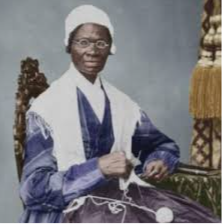
Her famous “Ain’t I a Woman” speech, delivered at the Women’s Rights Convention in 1851, challenged the prevailing notions of race and gender, calling out the inequalities faced by Black women. Truth’s message was clear: the fight for freedom and equality is intersectional, and both racial and gender oppression must be dismantled. Sojourner Truth’s unwavering commitment to justice not only helped ignite the abolitionist movement but also paved the way for future generations to fight for women’s rights.
Maya Angelou: A Poet and Voice of the Marginalized
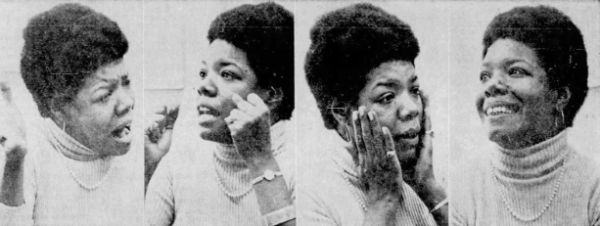
Maya Angelou’s voice distinguishable around the world, touching hearts and minds with her poetry, memoirs, and activism. Born in 1928 in St. Louis, Angelou’s early life was marked by trauma and hardship, including a period of sexual abuse and the subsequent silence that followed. Yet, it was through this pain that Angelou found her power, writing the first of her seven autobiographies, I Know Why the Caged Bird Sings, which would become a cornerstone of African American literature.
Angelou’s poetry, especially the iconic “Still I Rise,” gave voice to Black women’s experiences and resilience, declaring boldly that despite adversity, they would rise. Her work touched on race, identity, and the pursuit of freedom. Beyond her literary contributions, Angelou was also a civil rights activist, working alongside figures like Martin Luther King Jr. and Malcolm X. Her legacy is one of strength, wisdom, and the indomitable power of the written word to shape the world.

Ida B. Wells: A Crusader for Justice
Ida B. Wells, born in 1862 in Mississippi, was a pioneering journalist whose fearless investigative work exposed the horrors of lynching in America. At a time when Black people were systematically oppressed and silenced, Wells used her pen as a weapon, challenging the media and society to reckon with racial violence. Her 1892 pamphlet, Southern Horrors: Lynch Law in All Its Phases, revealed the deep-seated racial injustice that plagued the nation, offering facts and statistics to debunk the lies that justified lynching.
Wells was also an outspoken advocate for women’s suffrage and a founding member of the NAACP She faced constant threats and danger throughout her life, but she never wavered in her pursuit of justice. Her contributions to the fields of journalism and civil rights remain crucial to understanding the fight for racial equality.
A Legacy of Strength, Persistence, and Change
The stories of Madam C.J. Walker, Sojourner Truth, Maya Angelou, and Ida B. Wells are more than just narratives of individual success. They represent the collective strength of Black women who, despite systemic oppression, forged paths of empowerment, equality, and social change. Each of them used their unique talents—whether in business, literature, or journalism—to uplift their communities, demand justice, and break barriers.
Today, the echoes of their work continue to reverberate in the ongoing struggles for racial and gender equality. In a time of uncertainty their contributions provide a blueprint for resilience, reminding us that despite the obstacles that may arise, the voices of the oppressed will always have the power to create change.


